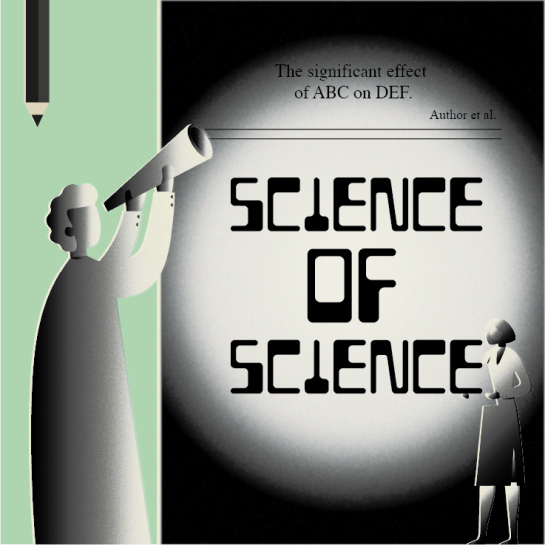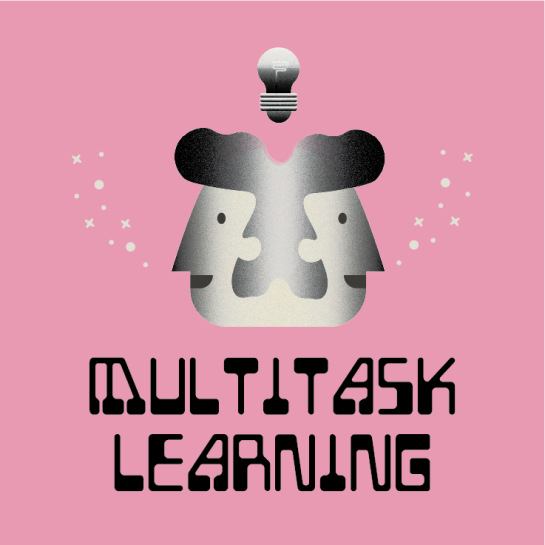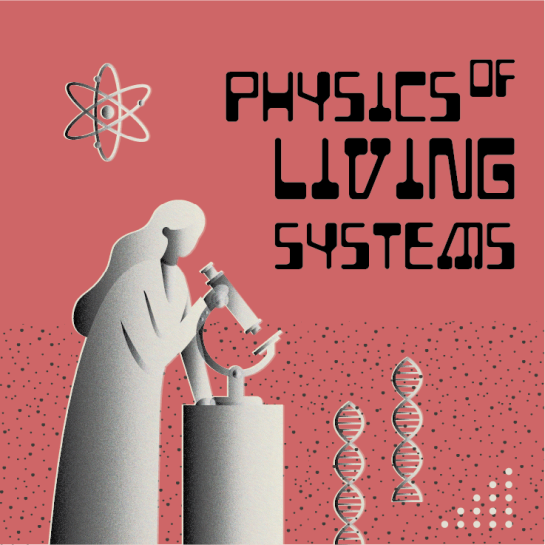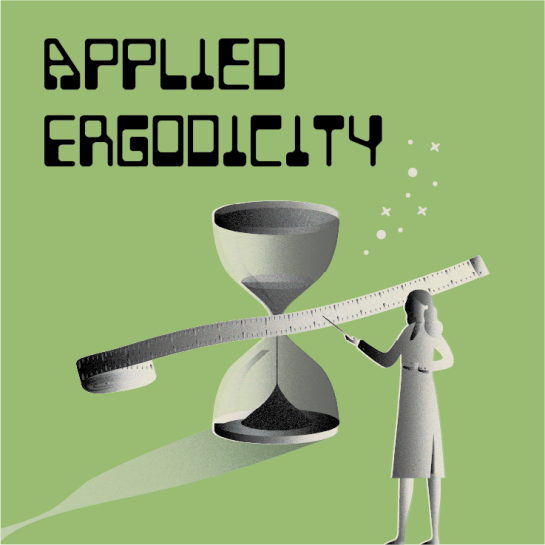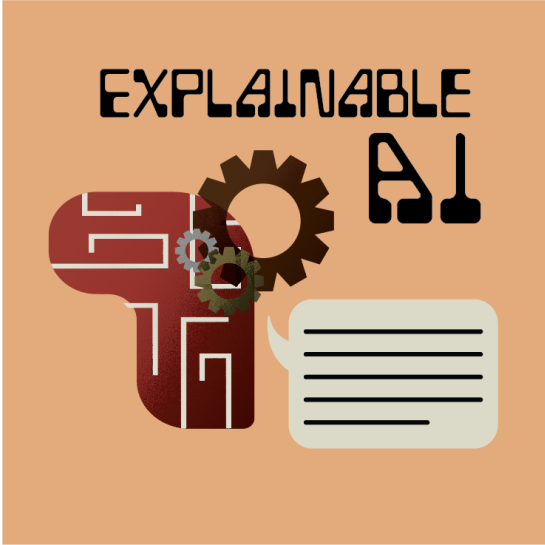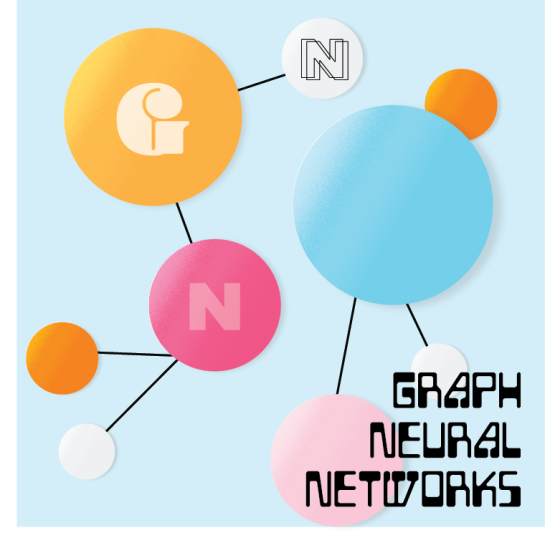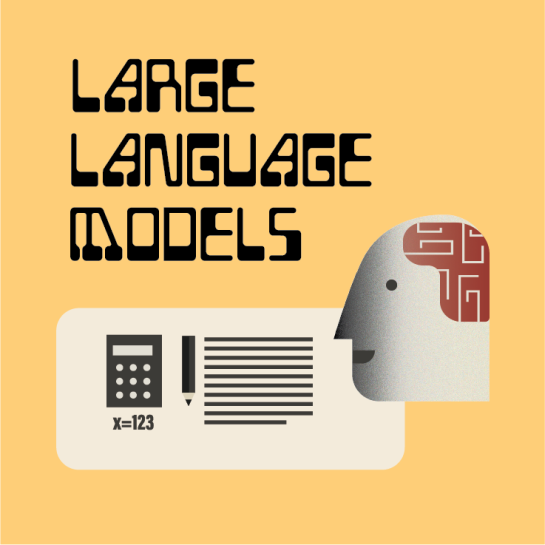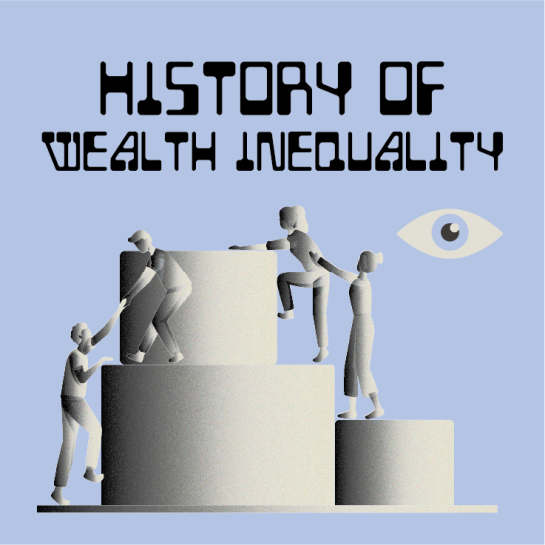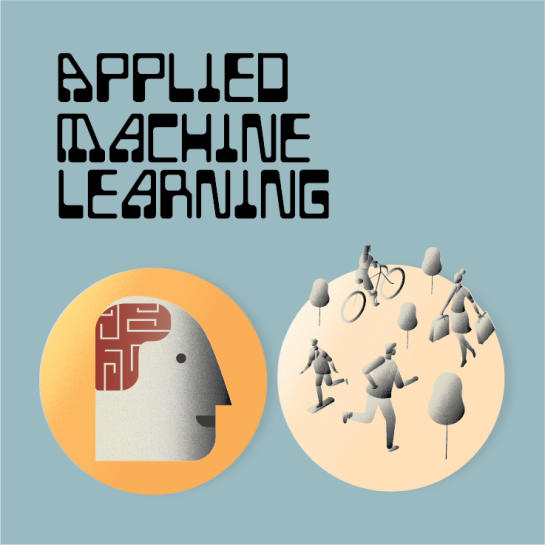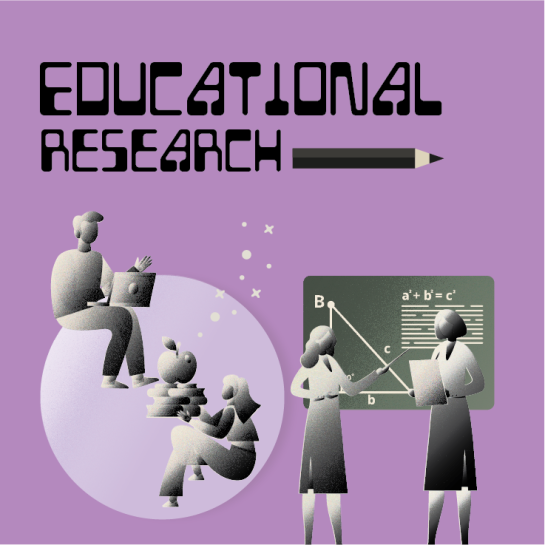We use modern tools from network analysis and graph theory to extract patterns in the scientific ecosystem moving beyond impact indicators based on citation counts. Moreover, we also investigate how the recent rise of Large Language Models (LLMs) influences academic writing and the scientific progress.
Multi-task learning (MTL) can improve the generalization performance of neural networks by sharing representations with related tasks. However, MTL is challenging in practice, as negative interactions between tasks can degrade performance. In our research, we draw inspiration from physics, deep learning theory, and sample-level weighting.
Biological systems rely on complex interaction networks at various scales from molecules to organisms. Working in collaboration with experimentalists and wet labs, we are building models to understand emergent phenomena in biology as well as predict their temporal evolution. All our projects rely on nonlinear dynamics, stochastic modelling and statistical learning methods.
The concept of applied ergodicity addresses how averages across time and across a population relate in practical settings. Our goal is to help design economic models and reinforcement learning methods, more in tune with the individuals and their experiences, by focusing on time averages rather than ensemble averages.
Explainable AI (XAI) is central to our mission of developing machine learning systems that are trustworthy, ethical, and effective. Our work in this area aims to make AI systems transparent and understandable to both experts and non-specialists, fostering trust and enabling informed decision-making.
Graph neural networks are a neural network architecture specifically designated to handle graph-type data. Different from traditional neural networks, GNNs, fall under the larger umbrella of Geometric Deep Learning which focuses on leveraging geometric information about the data to improve the network's predictions.
Large Language Models have revolutionized natural language understanding and generation, driving scientific research forward by assisting in all steps of the scientific process. We explore the applications of LLMs across various scientific domains, from the science of science to implementations in applied fields.
Wealth inequality and social mobility explore how wealth shifts within society and the implications for overall economic fairness. In order to carefully observe the wealth dynamics of a society and the impacts of certain policies or social factors, we aim to take an innovative approach and develop computational models that provide deeper insights into how wealth is distributed.
Our work in Applied Machine Learning (AML) bridges foundational research and real-world applications. We focus on crafting algorithms that solve complex, high-impact problems across diverse domains. Leveraging expertise in optimization, statistical learning, and computational efficiency, we develop models that are robust, scalable, and interpretable.
The Data Lab is leading the VUB project analysing the Flemish results of the OECD's TALIS (Teaching And Learning International Survey) 2024 study. More than 280,000 teachers from 17,000 schools across 55 education systems worldwide participated in the study. TALIS sheds light on themes such as working conditions, professional development, teaching practices, well-being and workload, digital skills and AI, and school climate.

